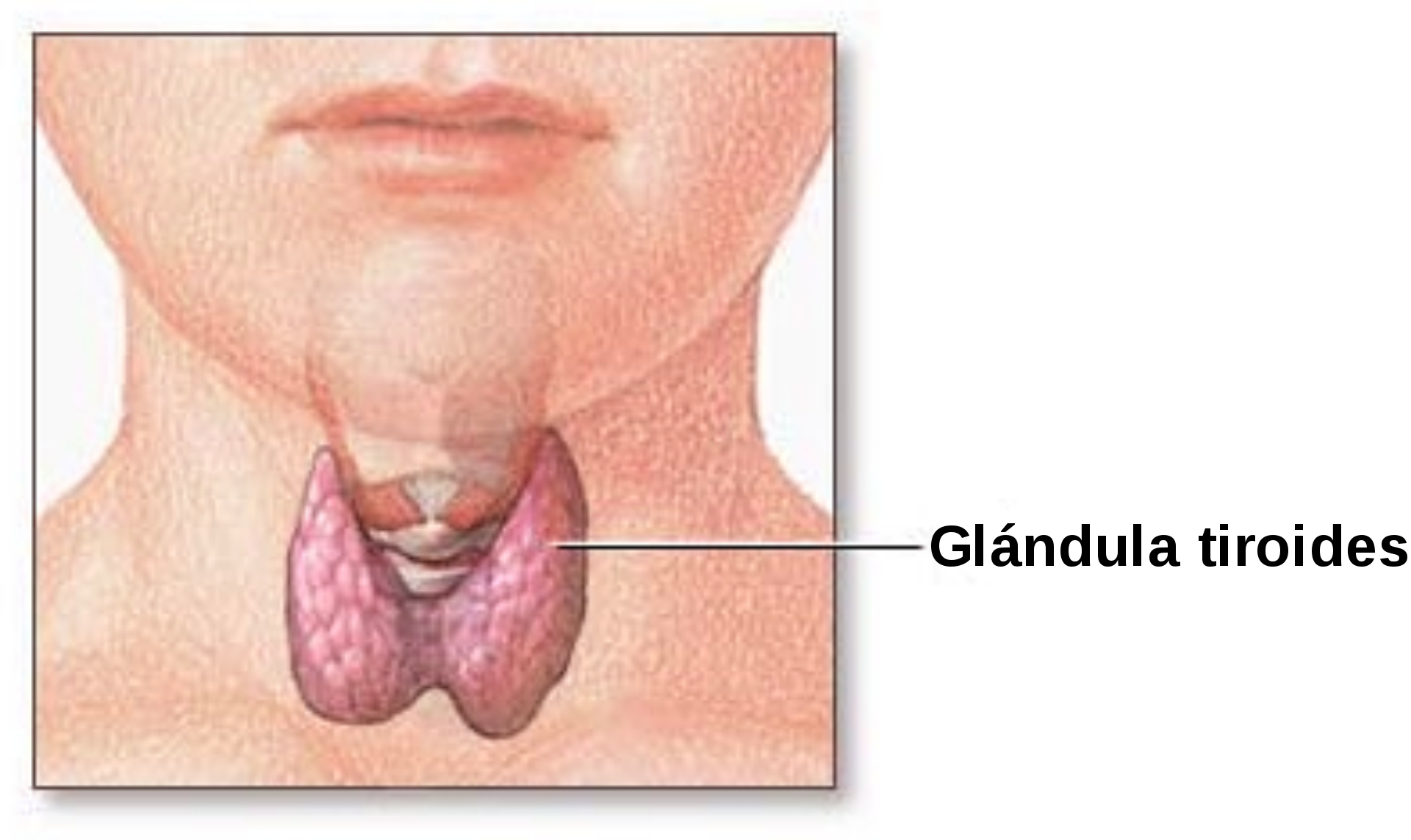Kabuki syndrome
6. Tyroid function
The thyroid gland is located at the front of the neck. Its function is to produce thyroid hormones, which are important in multiple aspects, especially in the growth and intellectual development of children.

Thyroid Glands(Wikipedia)
There are two thyroid hormones: thyroxine (T4) and triiodothyronine (T3). To secrete these hormones, the thyroid gland needs to be stimulated by the brain through another hormone, TSH (thyroid-stimulating hormone). When TSH binds to the cells of the thyroid gland, it produces T4 and T3. Both T4 and T3 are transported in the blood by other proteins, primarily by TBG (thyroxine-binding globulin). However, while thyroid hormones are bound to TBG, they cannot perform their function. To be active, they must be in their free form (FT4 - free T4 and FT3 - free T3).
In some patients with SK, we may find low levels of TBG, elevated levels of TSH, and, more rarely, a decrease in T4, which translates to clinical or subclinical hypothyroidism.